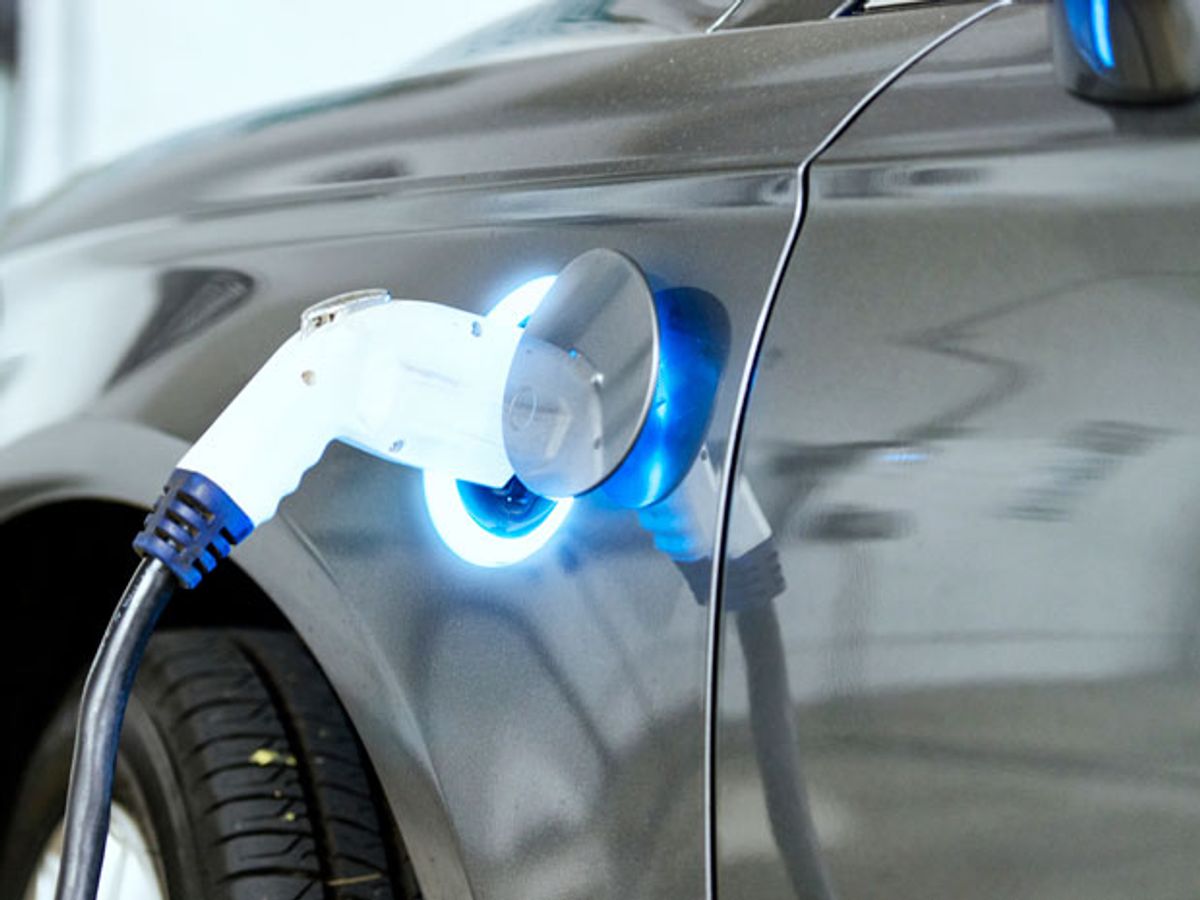As if having to worry about the range of electric cars wasn’t bad enough, it’s very important to also worry about the fact that with every charge discharge cycle, the amount of charge that the car’s batteries are able to hold decreases. For people thinking about making the switch from gas to electric, this can be a big issue, since it seems inevitable that after just a few years, they’ll have to pay a whole bunch of money to swap their degraded battery out for a fresh one.
Researchers at the Department of Energy’s Lawrence Berkeley National Laboratory looked at how battery degradation effects the ability of an electric car to do what it needs to do, and it turns out that for most people, they don’t have to worry about it at all.
It’s generally accepted that when the battery in an electric car drops below about 70 percent, it’s time to spend thousands of dollars on a new batterye. “Generally accepted” is often something that rings alarm bells for researchers with too much time on their hands, and so Berkeley Lab decided to take a look at whether that 70 percent number really has any meaning.
They simulated a typical commercially available electric vehicle “with specifications resembling a Nissan Leaf,” as opposed to a longer range EV like a Tesla. The simulated vehicles had 24 kilowatt-hour batteries, just like the Leaf has, with a maximum range in ideal conditions of about 135 km. This virtual vehicle was then made to drive 160,000 virtual daily trips, based on actual driving itineraries from the National Household Travel Survey conducted by the U.S. Department of Transportation.
For each one of these trips, the researchers tweaked the storage capacity of the battery, the amount of time that the car might be charged between trips, the speed of that charge, whether the car was spending most of its time on the highway, whether it might need the heat or A/C on, and even whether the car was driving up or down hill. Eventually, the simulated trips were able to produce over 13 million individual daily state-of-charge profiles, and the results are pretty optimistic:

What this graph is showing is that at 70 percent of usable battery capacity, about 85 percent of people will have no trouble making their typical daily trips in an EV, even if they don't charge their car at work. The curves show how range is effected by slow (L1) or fast (L2) chargers in different locations. And even with just 30 percent battery capacity, 55 percent of people will still have no problems at all.
So, according to the researchers “range anxiety may be an over-stated concern”. What’s more batteries can “satisfy daily mobility requirements for the full lifetime of an electric vehicle.”
Studies and simulations and statistics might offer some comfort to scientists, but it’s hard to tell whether this research is likely to make a practical difference to most electric vehicle owners. Range anxiety is a tangible thing, and it seems to generally be less about average daily travel needs than the potential for an unexpected need to travel farther. It’s the idea of “what if I want to go to x,” where x is always exactly one kilometer farther than your electric car can manage on its charge. And until electric cars can go pretty much anywhere, whenever you want them to, range anxiety isn’t going to go away.
Evan Ackerman is a senior editor at IEEE Spectrum. Since 2007, he has written over 6,000 articles on robotics and technology. He has a degree in Martian geology and is excellent at playing bagpipes.



